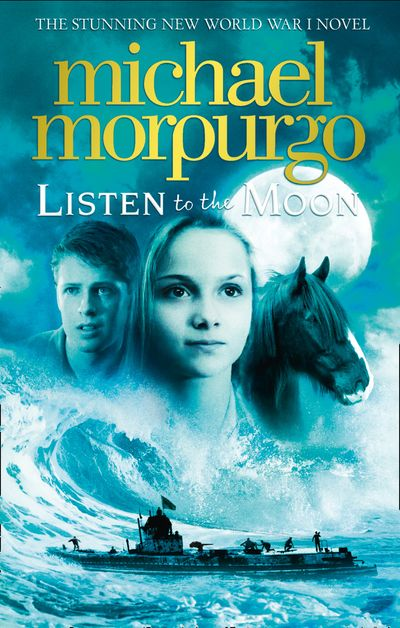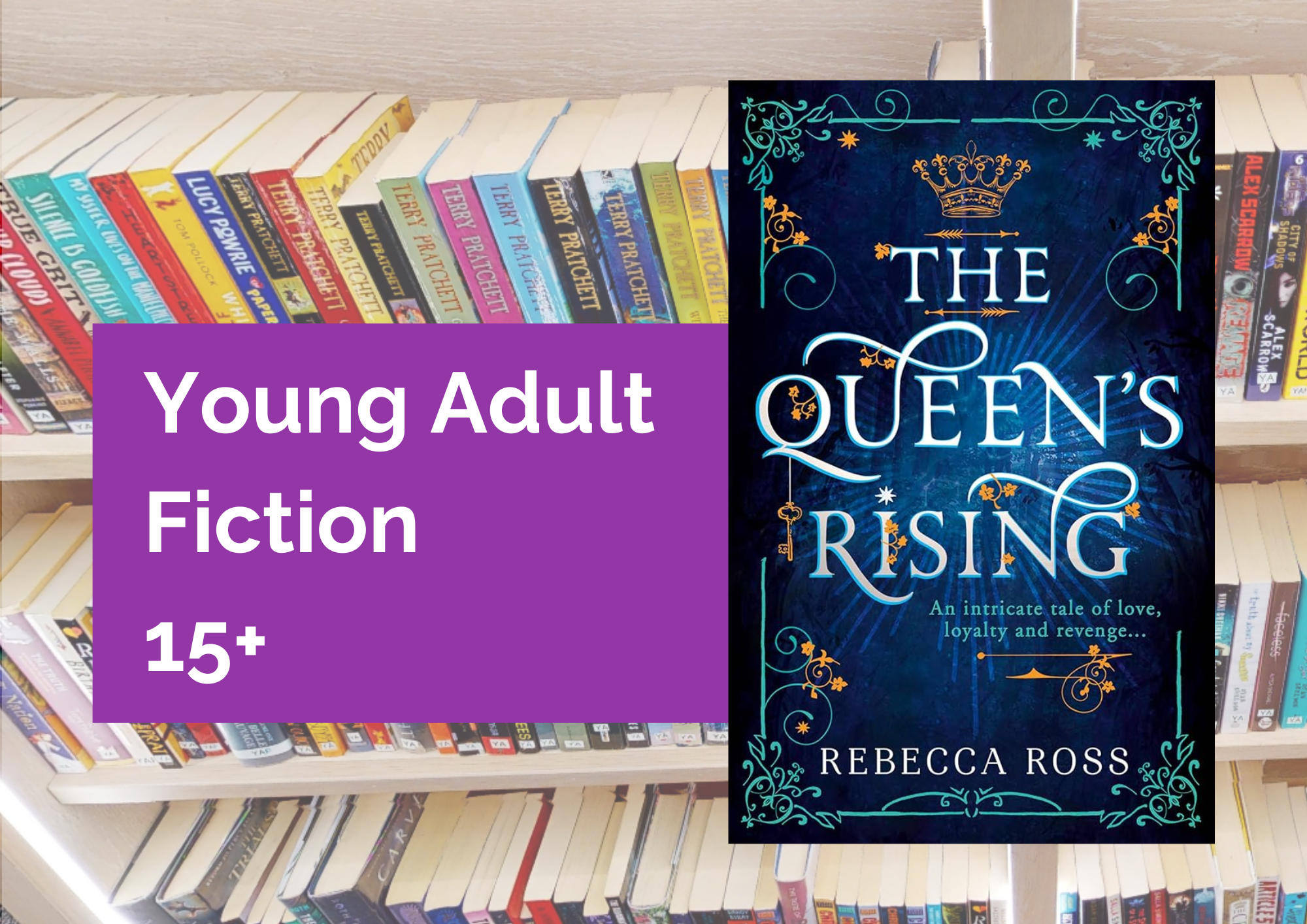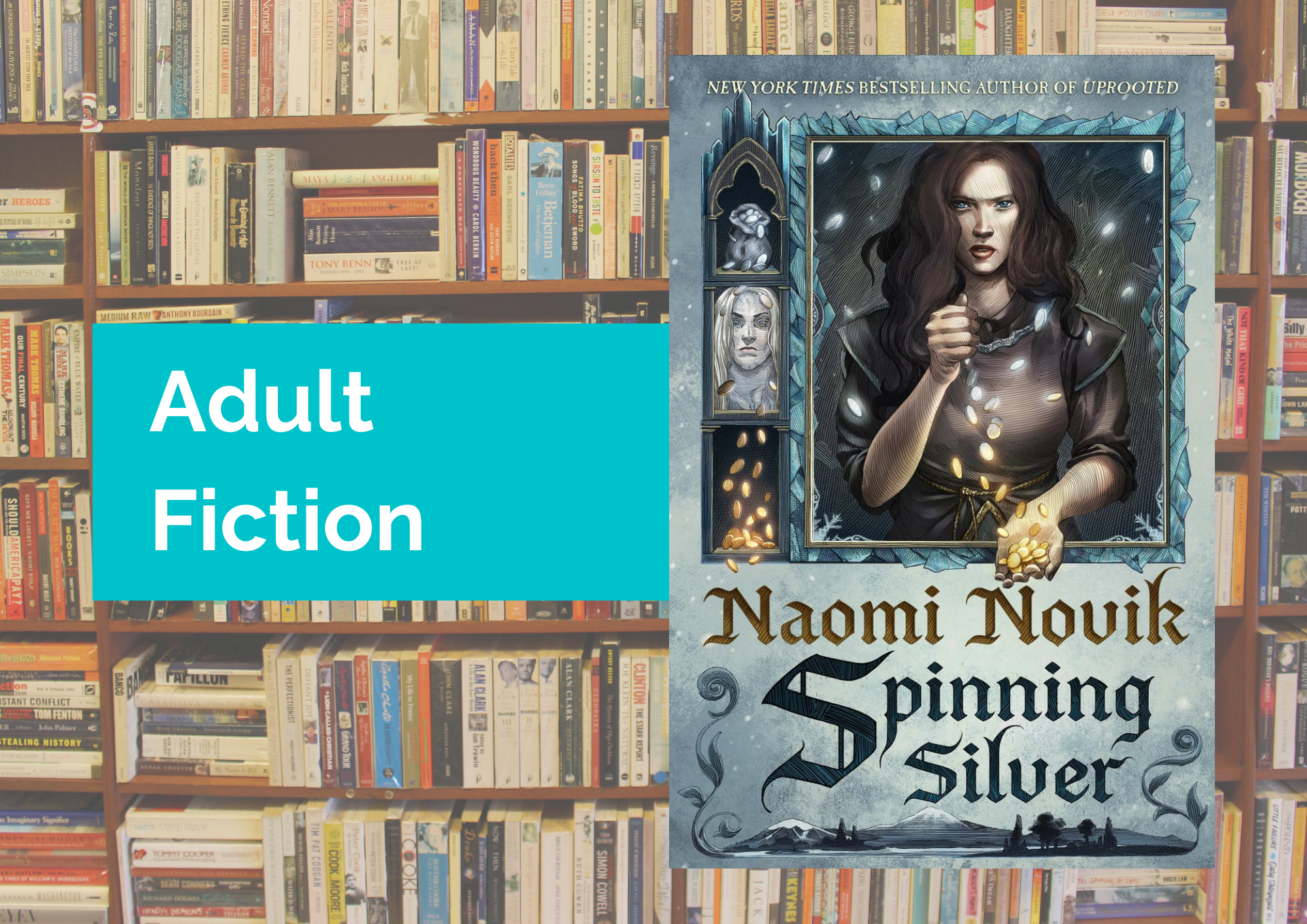
Author: Michael Morpurgo
Genre: Young Adult Fiction, Drama, Historical Fiction.
Review by: Chantelle, LCA Intern for Library HQ
Synopsis: The story is set on the Scilly Isles, where a strange girl named Lucy, is found marooned on an island. Young Alfie is determined to save her but soon discovers that there is more to this story than meets the eye. Lucy – Lucy Lost to the town – has no memory of who she is or where she came from, but Alfie and his family take her in and try to help her recover from her injuries. As the days go by however, the origin of where the young creature came from is brought into question when a German blanket is thought to be owned by her. Is she German or English? Could this young girl be a danger to the small town? Or could it be that there’s a side to Lucy’s story that has yet to be discovered?
Review: Listen to the Moon by Michael Morpurgo is a historical fiction novel that takes readers back to the year 1915 during the First World War. As the mystery surrounding the girl’s identity deepens, Alfie and her family discover the truth behind her past and the events that led to her being found stranded on an island. The novel explores themes of love, loss, and the power of memory, as well as the devastating effects of war on individuals and society. Morpurgo’s writing style is engaging and emotional, and he has a talent for creating well-rounded characters that readers can relate to. The historical setting is well-researched and vividly portrayed, making the story both informative and immersive. Overall, Listen to the Moon is a beautifully written and thought-provoking novel that is well worth a read. The novel is well suited for teens and adults alike. Don’t miss out on this timeless classic, and be sure to place a request on it on our Library Catalogue.
Chantelle will be heading off for bigger things if a few weeks, so be sure check out the blog the next couple of Fridays for her last reviews!








Leave a Reply